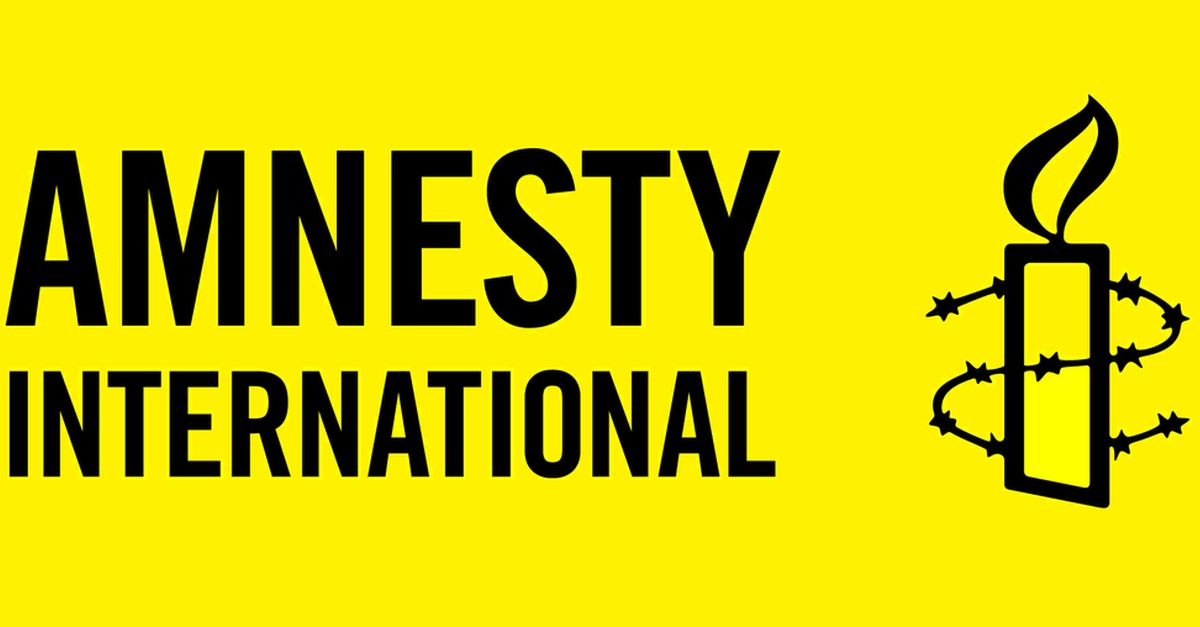
Iran: Officials must be held accountable for 'cruel punishment' of amputating fingers
Published By Amnesty International UK [English], Fri, Jul 29, 2022 12:42 PM
‘At least eight other prisoners in Iran are currently at risk of having their fingers amputated’ - Diana Eltahawy
Amnesty International can confirm that Iranian authorities used a guillotine machine to amputate the fingers of Pouya Torabi, a man convicted of theft this week. He was later transferred to a hospital immediately after his fingers were cut off in the presence of several officials and a doctor at Tehran’s Evin prison.
Less than two months ago, Iranian authorities also amputated the fingers of Sayed Barat Hosseini, without giving him anaesthetic. He has since been imprisoned in isolation in Evin prison and denied adequate mental and physical health care for infections and trauma suffered after the amputation.
Diana Eltahawy, Amnesty International’s Deputy Director for the Middle East and North Africa, said:
"These amputations are particularly harrowing displays of the Iranian authorities’ contempt for human rights and dignity. At least eight other prisoners in Iran are currently at risk of having their fingers amputated. “More and more people will be subjected to this unspeakably cruel punishment unless the international community takes action. “We call on all member states of the UN to forcefully condemn and do everything in their power to pressure the Iranian authorities to immediately abolish corporal punishments. We further urge all states to exercise universal jurisdiction to criminally investigate and prosecute Iranian officials suspected of criminal responsibility for such crimes under international law."
In April, a special guillotine machine was installed in Evin to centralise the implementation of amputation sentences issued across the country.
Pouya Torabi and Sayed Barat Hosseini were sentenced in separate cases to amputation about three years ago after criminal courts in Semnan and Kermanshah, respectively, convicted them of theft. According to an informed source interviewed by Amnesty, both amputation sentences were carried out at a clinic inside Evin prison in the presence of multiple officials.
The same source told Amnesty that before amputating Sayed’s fingers, authorities told him he could pay to “freeze” the fingers and then have them surgically reattached. Sayed did not have the money to pay for this.
After having his fingers cut off, Sayed immediately lost consciousness due to blood loss and severe pain and was transferred to a hospital outside prison. He was returned to prison three days later, before he had recovered from his ordeal, and his wounds became infected. After weeks of being denied adequate treatment, a further trip to hospital followed in mid-July, but he was returned to jail the same day. He has since been held in isolation in Evin prison without contact with the outside world, in an attempt to prevent news of his punishment and current ill health emerging.
The victims of judicial amputations in Iran are overwhelmingly from impoverished backgrounds and lack legal representation of their choosing. It is extremely difficult for victims and their families to alert human rights organisations and media of looming amputations due to threats of reprisal from Iranian authorities, who enforce silence and secrecy around the imposition and implementation of amputation sentences.
In June this year, Amnesty warned that the Iranian authorities were preparing to amputate the fingers of eight other men, including Hadi Rostami, Mehdi Sharfian and Mehdi Shahivand.
According to the Abdorrahman Boroumand Centre, since January 2000, the Iranian authorities have amputated the fingers of at least 131 men.
Cruel and inhuman corporal punishments constitute torture, which is prohibited in the International Covenant on Civil and Political Rights (ICCPR), to which Iran is a state party. Despite this, Iran’s Islamic Penal Code provides for various corporal punishments amounting to torture, including amputation flogging, blinding, crucifixion and stoning.
Press release distributed by Media Pigeon on behalf of Amnesty International UK, on Jul 29, 2022. For more information subscribe and follow